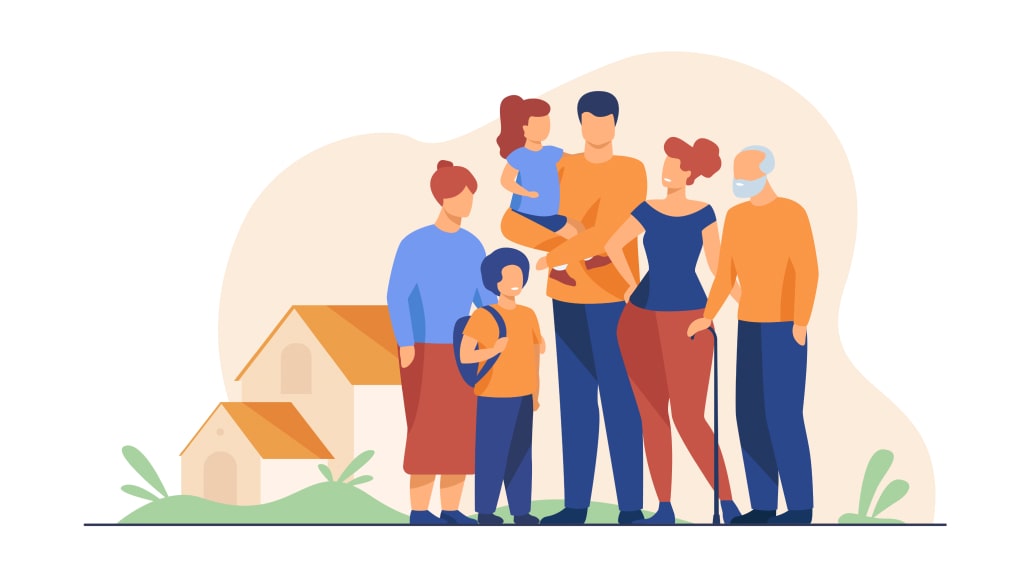Group Therapy in Sugar Land
Other Services We Offer:
What Is Group Therapy?
In group therapy, a licensed psychologist leads small groups of individuals dealing with similar life challenges. This structured, supportive environment allows participants to share thoughts, feelings, and experiences, providing mutual support and valuable feedback.
These sessions tackle a variety of issues, such as anxiety, OCD, depression, addiction, grief, and relationship conflicts. The collective setting is particularly beneficial as it helps reduce feelings of isolation and builds a sense of community among participants. It also offers the opportunity to gain new perspectives, learn from the experiences of others, and enhance interpersonal skills.
Offering a cost-effective alternative to individual therapy, group therapy adorns its format and objectives to the needs of its participants. Typically, these sessions aim to foster personal growth, increase self-awareness, and facilitate emotional healing within a confidential and supportive group environment.

Types of Group Therapies
“OCD Support Group” – This process-oriented group meets online for 90 minutes once a week. The group provides emotional support, education about OCD, and encouragement. Members can discuss their symptoms, treatment options, and daily struggles in a non-judgmental environment. The goal is to help participants feel connected, reduce isolation, and enhance their coping skills through shared understanding and mutual support. Group members come from diverse age groups, ethnicities, and backgrounds, providing valuable insights and understanding from different perspectives. Group therapy is an excellent option if you’re looking for a more affordable alternative to individual therapy and prefer a collective approach to improving your mental health and quality of life.
How the Process Works:
Paperwork Stuff
Introductions
Initial Evaluation
Wrapping Up
Get Started
Our Office
- Trailcrest Office Centre
- 1350 N Loop 1604 E
- San Antonio, Texas 78232
- Office #124

